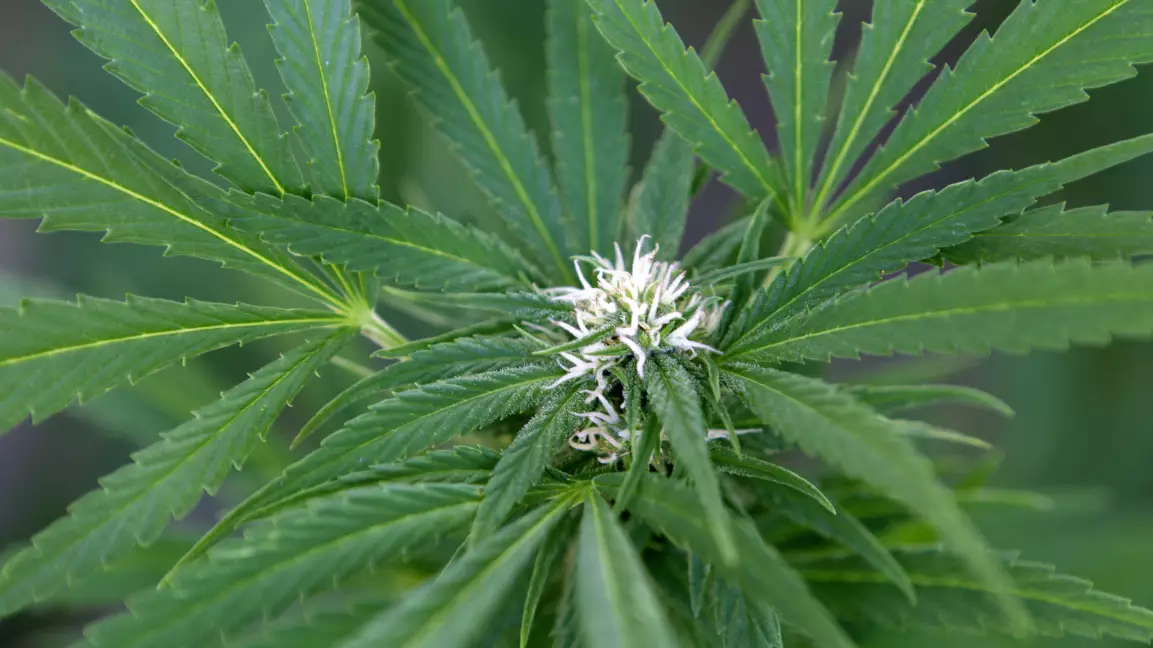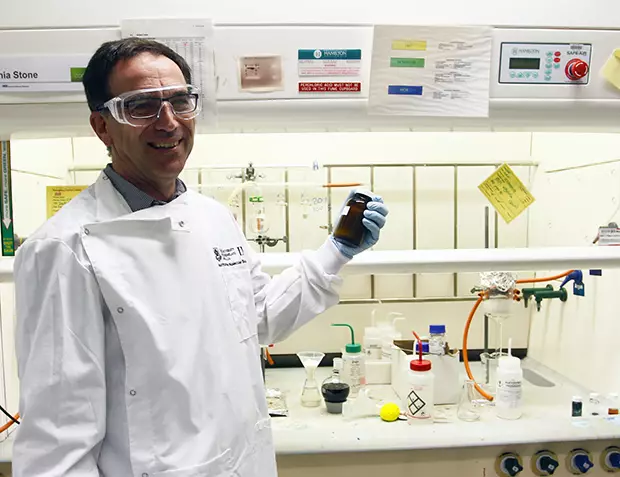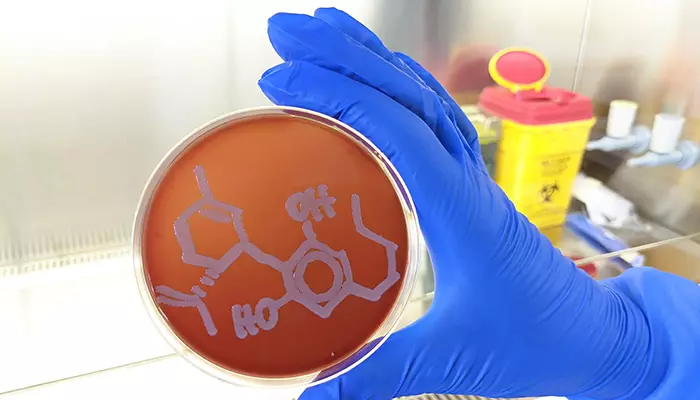
Scientists have discovered a surprising new use for cannabis after finding that its main non-psychoactive component, synthetic cannabidiol - better known as CBD - can kill the bacteria responsible for gonorrhoea, meningitis and legionnaires disease.
Lab studies carried out by researchers at the University of Queensland's Institute for Molecular Bioscience showed that CBD could help in the global fight to stop deadly superbugs.
Advert
The research, which was a collaboration between IMB's Centre for Superbug Solutions and Botanix Pharmaceuticals Limited, could lead to the first new class of antibiotics for resistant bacteria in 60 years.
Dr Mark Blaskovich, Director of the Institute for Molecular Bioscience, said CBD can penetrate and kill a wide range of bacteria including Neisseria gonorrhoeae, which causes gonorrhoea.
Blaskovich said: "This is the first time CBD has been shown to kill some types of Gram-negative bacteria. These bacteria have an extra outer membrane, an additional line of defence that makes it harder for antibiotics to penetrate."

The news could be especially big for people in Australia, where gonorrhoea is the second most common sexually transmitted infection.
Advert
According to IMB, it's become so common that there's no longer a single reliable antibiotic to treat it, as the bacteria is particularly good at developing resistance.
The research - which was recently published in the Communications Biology journal - also suggested cannabidiol is effective in killing off superbug MRSA found in golden staph bacteria, and may be used to treat diabetic ulcers and wounds.
"Cannabidiol showed a low tendency to cause resistance in bacteria even when we sped up potential development by increasing concentrations of the antibiotic during 'treatment'," Blaskovich added.
"We think that cannabidiol kills bacteria by bursting their outer cell membranes, but we don't know yet exactly how it does that, and need to do further research."

Vince Ippolito, the President and Executive Chairman of Botanix, said the researchshowed huge potential for the development of effective treatments to tackle the growing global threat of antibiotic resistance.
Advert
Ippolito said: "Congratulations to Dr Blaskovich and his team for producing this significant body of research - the published data clearly establishes the potential of synthetic cannabinoids as antimicrobials."
Further trials of CBD formulations are now underway, with Blaskovich telling the Courier Mail: "We think we can engineer a different version of CBD that will be able to have some systemic activity.
"We want something that doesn't break down in the body as quickly as CBD does. There's definitely potential there that CBD could be a prototypical representative of a new class of antibiotics."
Featured Image Credit: PA
Topics: World News, News, Cannabis